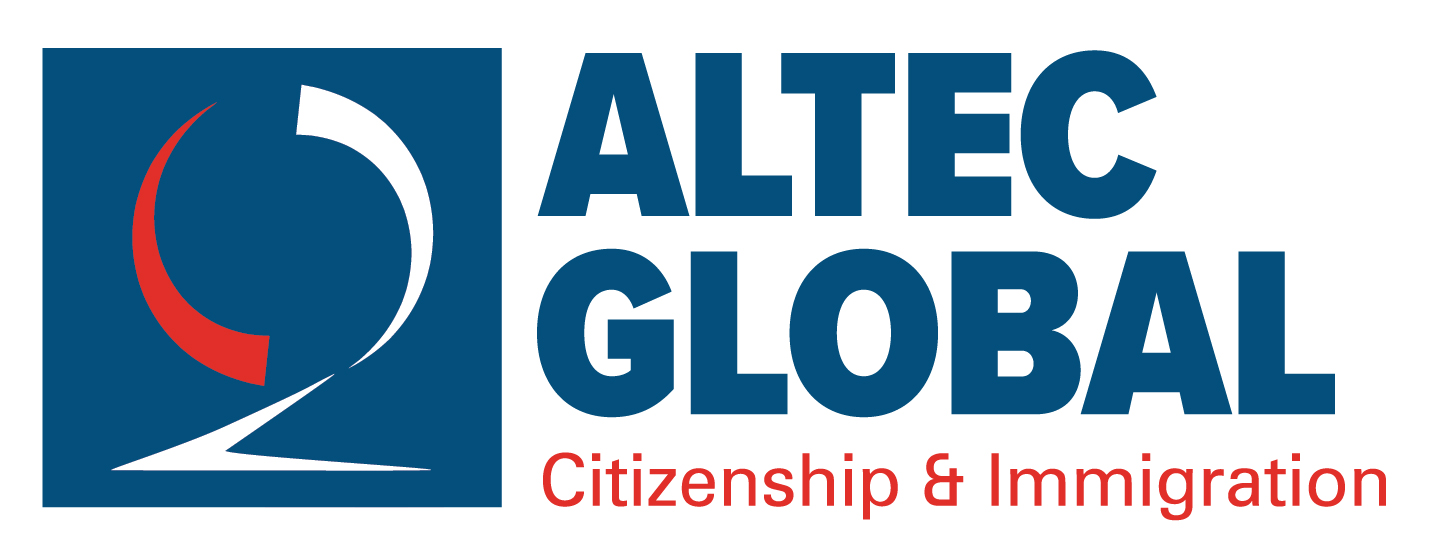On October 4, 2024, the Canadian government made a major announcement that will impact international students aiming to stay and work in Canada after graduation. The Immigration, Refugees and Citizenship Canada (IRCC) introduced new regulations for obtaining a Post-Graduation Work Permit (PGWP), effective November 1, 2024. These changes mark a significant shift in the eligibility criteria, with a focus on aligning international student programs with Canada’s long-term labor market needs.
At Altec Global, we know how crucial the PGWP is for international graduates. It’s often the key stepping stone towards gaining Canadian work experience, which can lead to permanent residency through programs like Express Entry. If you’re an international student or planning to study in Canada soon, understanding these new rules is vital for your future plans.
What Are the Key Changes?
The updated regulations focus on two major factors: the field of study and language proficiency. For international students looking to obtain a PGWP, these are now non-negotiable:
Field of Study Requirements:
College students will only be eligible for a work permit if their field of study aligns with the Canadian government’s list of “eligible fields.”
The eligible fields include:
Agriculture and Agri-Food
Healthcare
STEM (Science, Technology, Engineering, and Mathematics)
Skilled Trades
Transportation
For students outside these sectors, the future is less clear. Fields like hospitality, tourism, business, finance, and accounting, which attract many international students, have been excluded from the list, sparking industry-wide concern.
Language Proficiency Standards:
University Graduates
If you’ve earned a bachelor’s, master’s, or doctoral degree from a university, the field of study requirement does not apply. However, you must demonstrate language proficiency with a Canadian Language Benchmark (CLB) level 7 in English or NCLC 7 in French.
College Graduates:
For college graduates, the field of study must comply with the government’s list, and you need a minimum language proficiency of CLB 5 (English) or NCLC 5 (French). This requirement applies across listening, speaking, reading, and writing, with proof required from recognized language tests completed within the last two years.
These changes are a departure from the more flexible PGWP regulations of the past, and they have raised concerns within both the education sector and the international student community.
What Does This Mean for International Students?
For international students, this shift means planning ahead is more important than ever. The PGWP has historically been a primary pathway to permanent residency, allowing graduates to gain valuable Canadian work experience. With these new regulations, choosing the right program of study has become crucial. If your field of study doesn’t align with the new government guidelines, your chances of securing a PGWP could be affected, limiting your ability to stay and work in Canada.
Additionally, students will need to ensure they meet the new language proficiency standards to qualify for the work permit. Failing to meet these requirements could delay or derail your immigration plans.
At Altec Global, we understand that these changes can be overwhelming, and they may feel like a significant barrier to achieving your Canadian dream. However, there are still pathways available. With expert guidance, careful planning, and the right support, international students can still find ways to succeed within the new system.
What Can You Do to Stay Ahead?
Choose Your Program Wisely: If you’re planning to study in Canada, ensure your field of study aligns with one of the eligible sectors. This is now one of the key factors that will determine your eligibility for a PGWP.
Get Your Language Scores in Check: Meeting the required CLB or NCLC levels for your field is essential. If you’re unsure whether your language proficiency meets these standards, take the time to prepare with an accredited language test and, if necessary, pursue additional language training.
Consult with Immigration Experts: The Canadian immigration landscape is changing rapidly, and navigating these changes requires expertise. At Altec Global, our team of immigration specialists can help you understand how these new rules impact your personal situation, and guide you in choosing the best path forward.
Conclusion: Planning Your Future in Canada
While the new regulations for PGWPs present a new set of challenges for international students, they also reflect Canada’s evolving economic needs. By aligning with sectors that are experiencing labor shortages, Canada is seeking to create opportunities for skilled graduates in key industries. For students in STEM, healthcare, and skilled trades, this could mean more targeted pathways to employment and immigration.
However, if your field falls outside of these targeted areas, now is the time to consult with immigration experts. With the right guidance, you can still navigate these changes and achieve your goal of staying and working in Canada.
At Altec Global, we’re here to help you succeed. Contact us today to discuss your study plans, immigration options, and strategies to meet the new PGWP requirements.


Recent Comments